-
WipperSnapper Updates Wednesday: A New Component Picker, Beta 74, and More Sensors!
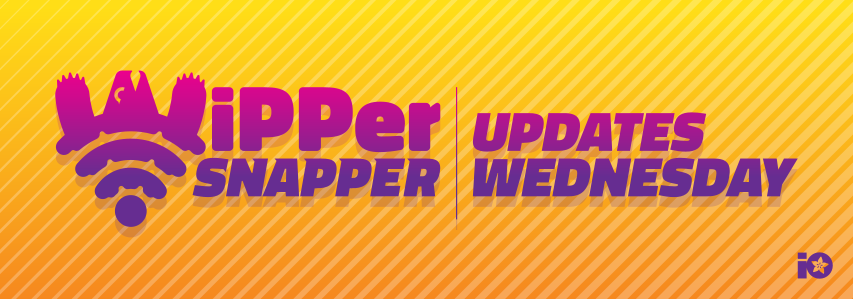
This past month, a lot has been going on with our Adafruit.io platform and WipperSnapper firmware – let’s take a look:
🪄 A Better Component Picker
 With 81+ components (at the time of writing) supported by Adafruit IO WipperSnapper, we needed a better way to filter through components and parts. As a result of the growing list of components, we’ve redesigned and updated the Adafruit IO component picker. The new component picker performs much better than before, with numerous optimizations under the hood. But by far the biggest addition is search! Knock yourself out searching for various keywords, like:
With 81+ components (at the time of writing) supported by Adafruit IO WipperSnapper, we needed a better way to filter through components and parts. As a result of the growing list of components, we’ve redesigned and updated the Adafruit IO component picker. The new component picker performs much better than before, with numerous optimizations under the hood. But by far the biggest addition is search! Knock yourself out searching for various keywords, like:- component names:
aht20,servo,buzzer,button, etc - sensor types:
light,temperature,pressure,humidity, etc - interface:
i2c,uart,ds18x20, etc - vendor:
Adafruit,ASAIR,Infineon,Bosch, etc
We’ve also added product and documentation links to every component. The documentation links will often lead to one of our high-quality Learn Guides, terrific! And for folks browsing for components to buy, the product links are a handy shortcut to the Adafruit Shop or wherever the component is sold. If you’d like to see a video of the new component picker in action, you can watch Loren walking through it on a recent episode of Show & Tell! Read more…
🆕 Latest Version of WipperSnapper: Adafruit.io WipperSnapper 1.0.0 Beta 74
 Adafruit WipperSnapper Firmware 1.0.0 beta 74 has been released on GitHub. This is the latest version of WipperSnapper and a stable release. Read the release notes here…
Adafruit WipperSnapper Firmware 1.0.0 beta 74 has been released on GitHub. This is the latest version of WipperSnapper and a stable release. Read the release notes here…🚢 “Works with WipperSnapper” - New Sensors for Beta 74
WipperSnapper Beta 74 launched with support for 6 new sensors:

- IKEA VINDRIKTNING AQI Sensor
- LTR329 Sensor
- LTR303 Sensors
- LTR390 Sensor
- HTU21D/DF
- TU31D Sensor
- component names:
-
Adafruit.io WipperSnapper 1.0.0 Beta 74 Released!

Adafruit WipperSnapper Firmware 1.0.0 beta 74 has been released on GitHub. This is the latest version of WipperSnapper and a stable release.
Install WipperSnapper 1.0.0 Beta 74
Follow this learning system guide to learn how to install Adafruit IO WipperSnapper.
Upgrade a device already running WipperSnapper
Locate the device you’d like to upgrade on io.adafruit.com/devices. Then, click “Update”.
Major Changes
- Migrate WipperSnapper Firmware from Arduino ESP32 Core 2.x to 3.x Alpha 3, IDF 5.1 by @brentru in https://github.com/adafruit/Adafruit_Wippersnapper_Arduino/pull/502
🐛 Bug Fixes
- PicoW Infinite Reboot Loop due to WiFi Failure by @brentru in https://github.com/adafruit/Adafruit_Wippersnapper_Arduino/pull/514
- Feather HUZZAH ESP8266 Inverted LED PWM by @brentru in https://github.com/adafruit/Adafruit_Wippersnapper_Arduino/pull/511
🆕 New Components
- IKEA VINDRIKTNING AQI Sensor by @brentru in https://github.com/adafruit/Adafruit_Wippersnapper_Arduino/pull/510
- LTR329 and LTR303 Sensors by @tyeth in https://github.com/adafruit/Adafruit_Wippersnapper_Arduino/pull/501
- LTR390 Sensor by @tyeth in https://github.com/adafruit/Adafruit_Wippersnapper_Arduino/pull/499
- HTU21D/DF + HTU31D Sensor by @tyeth in https://github.com/adafruit/Adafruit_Wippersnapper_Arduino/pull/497
🛠️ Tooling
- Remove deprecation warnings on Actions by @brentru in https://github.com/adafruit/Adafruit_Wippersnapper_Arduino/pull/508
- Add nanopb installation to CI as a step by @brentru in https://github.com/adafruit/Adafruit_Wippersnapper_Arduino/pull/519
- Add RP2040, Picow to
platformio.iniby @tyeth in https://github.com/adafruit/Adafruit_Wippersnapper_Arduino/pull/516
Full Changelog: https://github.com/adafruit/Adafruit_Wippersnapper_Arduino/compare/1.0.0-alpha.75…1.0.0-beta.74
-
WipperSnapper Component Magic

Happy December from the Adafruit IO team!
Today I’m bringing news of not one but two big improvements to WipperSnapper: our no-code IoT platform interface.
More Components, Better Picker
As I write this, WipperSnapper now supports 82 unique components! From servos to NeoPixels, I2C to UART, analog, digital, PWM… how can we keep it all organized???
Behold, our redesigned component picker:
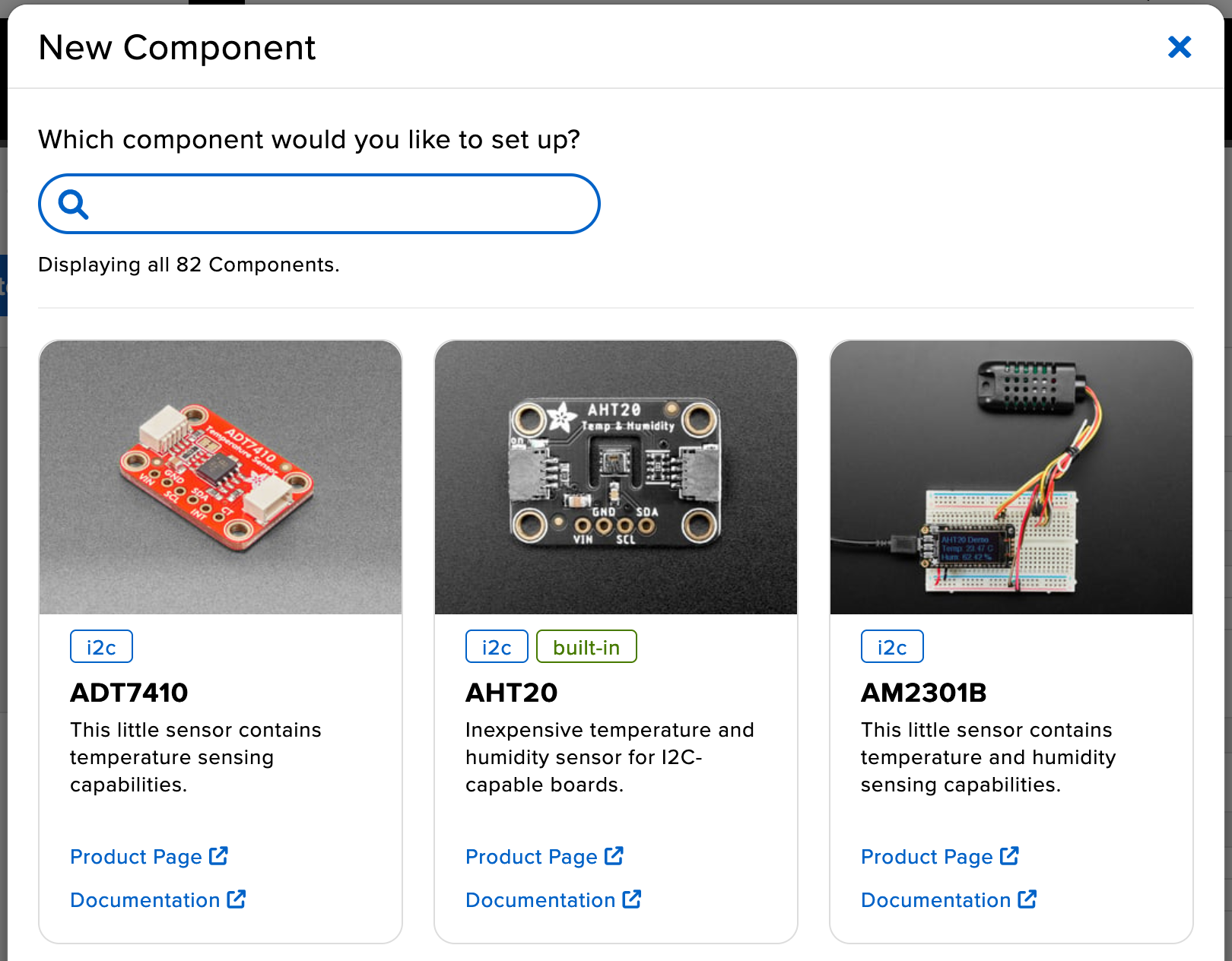
Faster, Searchable, and More Detail
This picker update performs much better than before, with numerous optimizations under the hood. But by far the biggest addition is search! Knock yourself out searching for various keywords, like:
- component names:
aht20,servo,buzzer,button, etc - sensor types:
light,temperature,pressure,humidity, etc - interface:
i2c,uart,ds18x20, etc - even I2C addresses:
0x77, or just77 - vendor:
Adafruit,ASAIR,Infineon,Bosch, etc
We’ve also add product and documentation links to every component. The documentation links will often a lead to one of our high quality Learn Guides, terrific! And for folks browsing for components to buy, the product links are a handy shortcut to the Adafruit Shop or wherever the component is sold.
If you’d like to see a video of the new component picker in action, you can see me walking through it on a recent episode of Show & Tell!
Working in the Sun
At Adafruit, we’re dedicated to open source. All of our WipperSnapper-compatible components are created and maintained in the Wippersnapper_Components open-source JSON repository. We’re proud to be able to work in the open. In fact, the work for this update was iterated openly on this Pull Request!
If there’s a component you’d like to see supported by WipperSnapper, head over and check the Request Issues page to see if it’s already in the works. If not, feel free to open an issue requesting your favorite component! And, if you’re handy with code, you could even get involved and contribute to the project. After all, the microcontroller code that drives WipperSnapper is open-source as well.
Magic Configuration
Not to be outdone, we’ve also made some updates on the board side of things. With WipperSnapper up to 21 compatible boards (and counting!), and thousands of user boards active right now (and growing!), we knew it was time to make it easier to configure them.
Export, Import, Magic
The next time you take a look at one of your devices you might notice a new button at the top of the screen labeled “Auto-Config”:
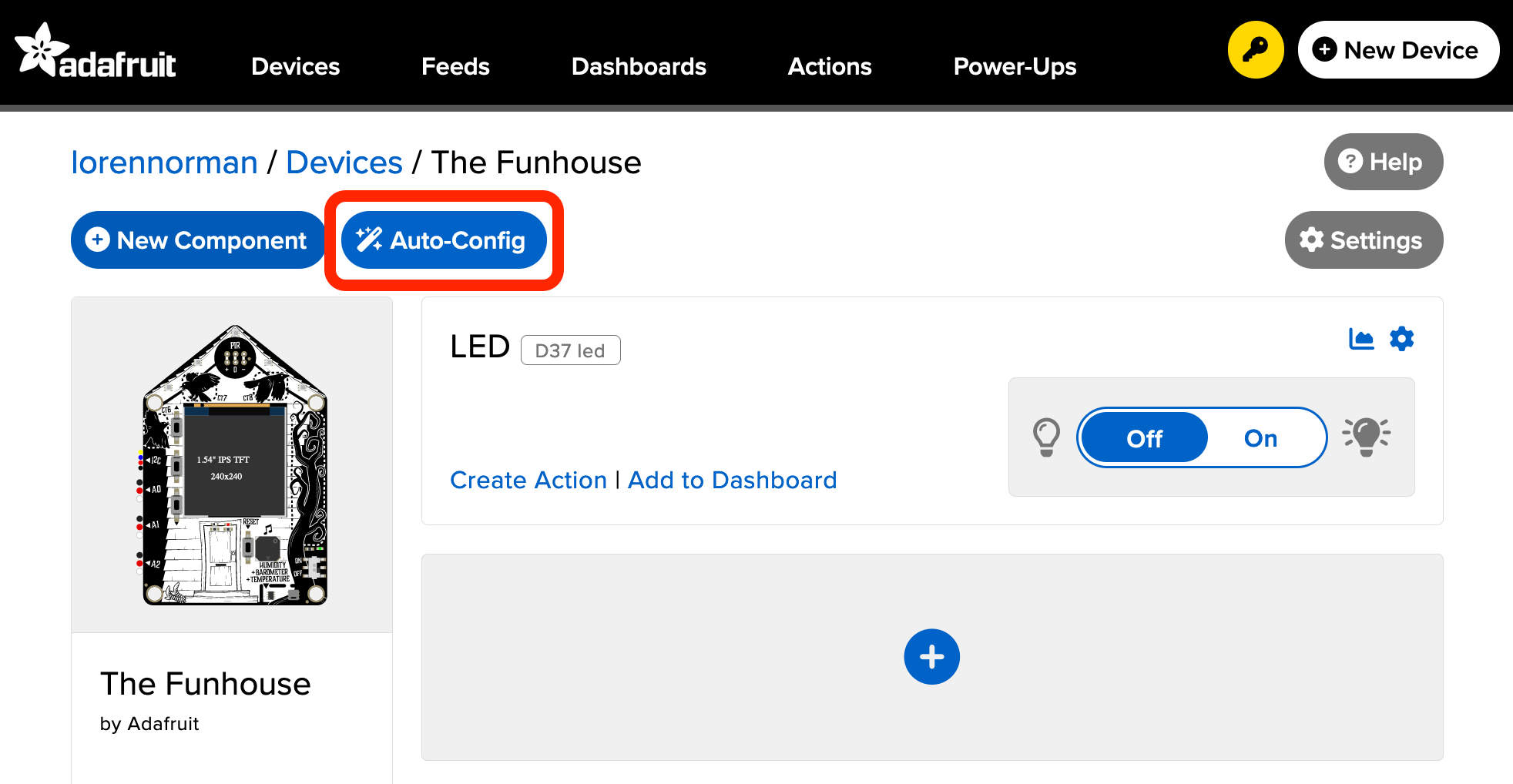
Upon clicking it, you’ll be presented with various auto-configuration options:
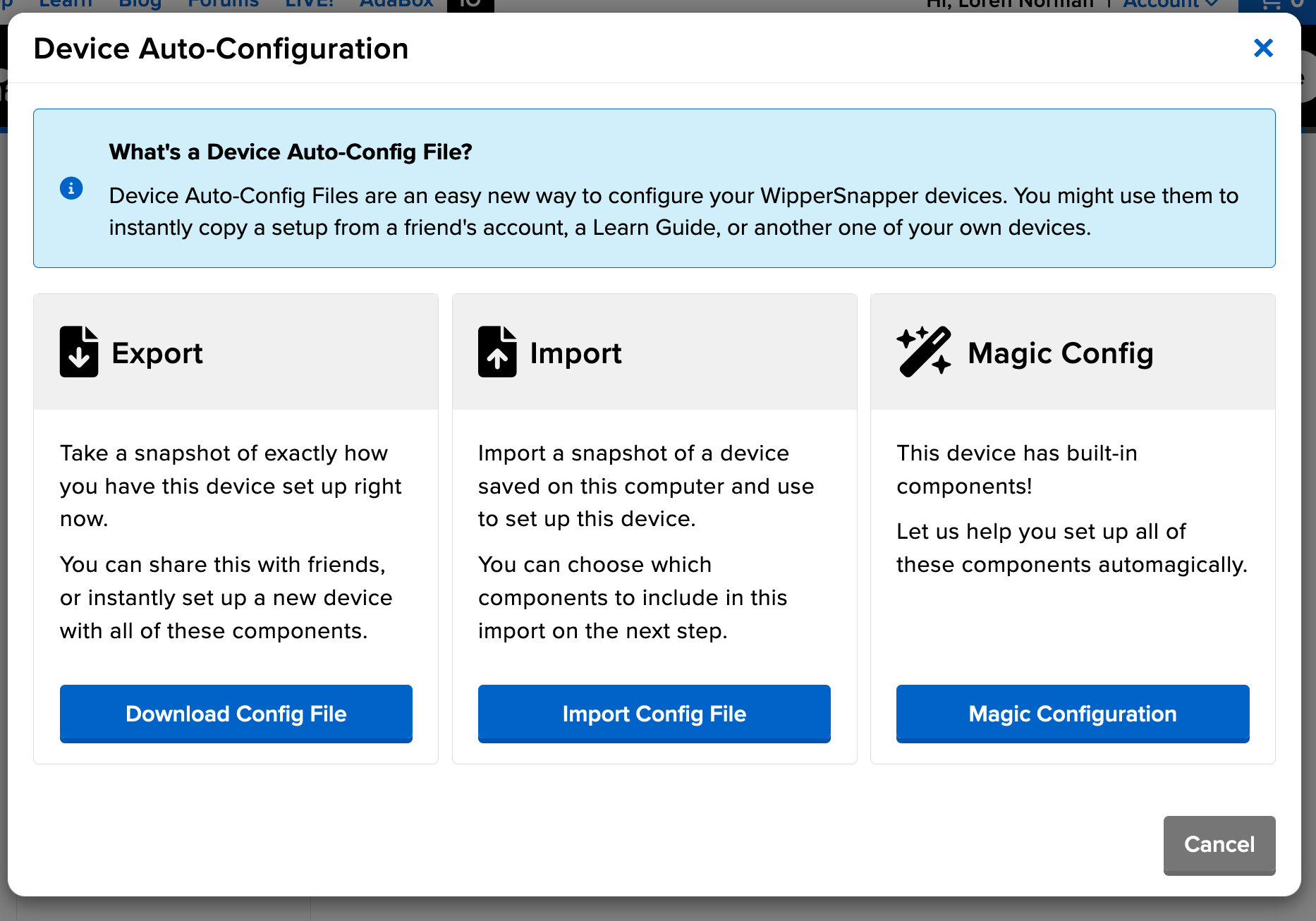
Quick overview of each:
Export: Got a device configuration you’d like to recreate later? This will let you save a file that does just that. Maybe you want to delete and recreate this device? Or perhaps a friend wants to clone a setup of yours? Use export to get a file that can be imported later, instantly re-configuring the device exactly as you have it, now.
Import: The opposite of export! This is where you take export files you’ve created, or received from a friend. Uploading a valid file here will provide an interface for rapidly creating a fully-configured device. Each component can be selected/deselected for import, individually. Any possible import errors will also be shown.
Magic: Finally, the best part: MAGIC! For supported boards, Magic Config will jump straight to the import interface mentioned above with every built-in component on this board configured for import. That’s right, even boards with truly insane numbers of components onboard are ready to go in a one click (I’m looking at you, Funhouse!)
To see a video of the Funhouse getting configured (almost instantly!), check out this clip from Show & Tell. Here’s an image of the Funhouse’s Magic Config import screen: so many components!
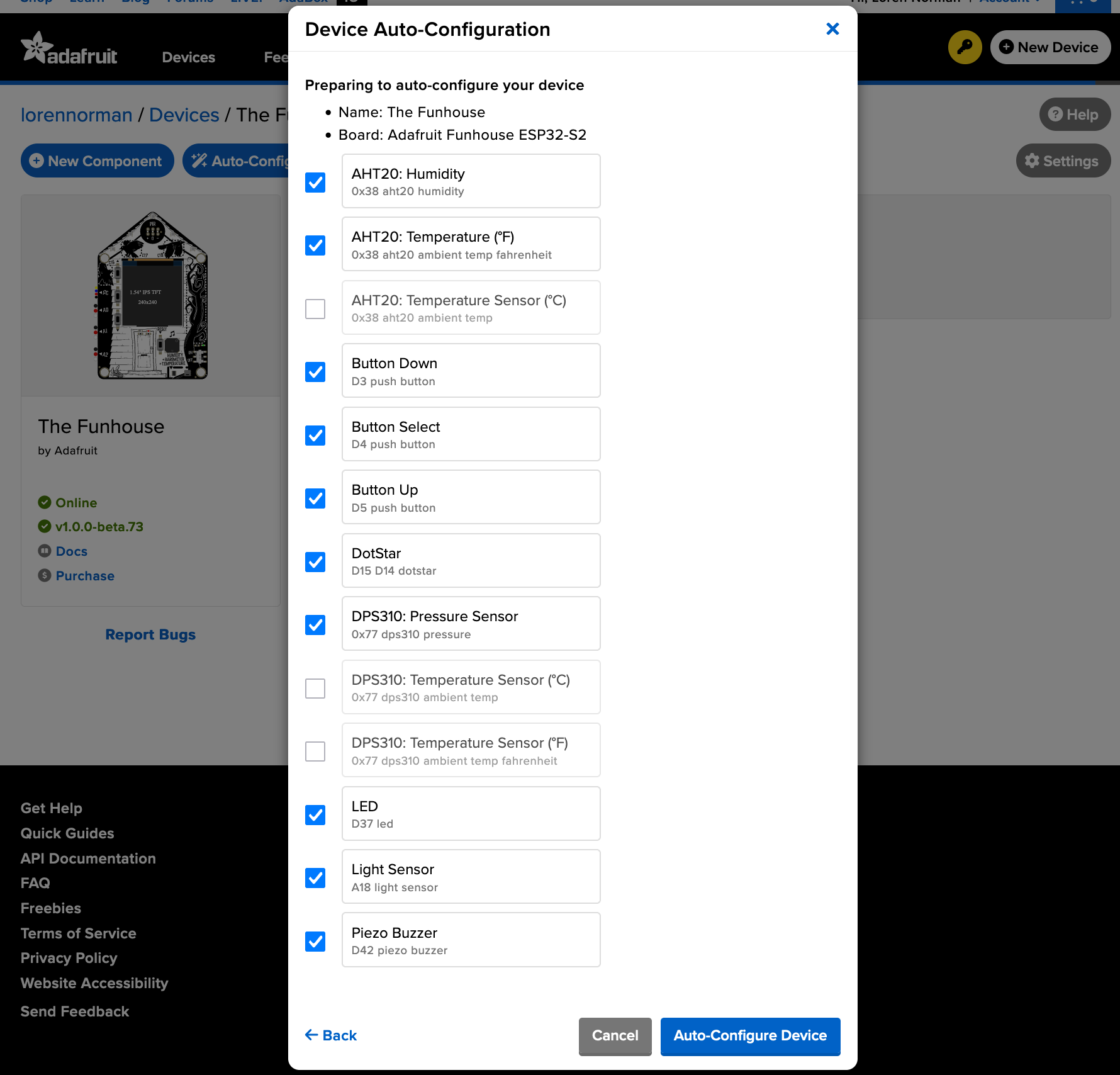
More Open Source
Of course, we also built the board additions in the open, here’s some quick links for the curious:
- WipperSnapper_Boards repository: open source repository for WipperSnapper-compatible boards
- Magic Config Pull Request: the work we did to get set up for export/import/magic features
- New Board Request Issues: where to go to request a new microcontroller for WipperSnapper to support
As always, if you have any suggestions or bugs to report about these new features, please let us know in the forums.
- component names:
-
Adafruit IoT Monthly: Internet of Skulls, Ethernet Turns 50, and more!
IoT Projects
Internet of Skull: An Internet Status Monitor

Maker Emily Velasco is known for her unique projects and the Internet of Skull is no different: “I live in a neighborhood with an internet provider of so-so quality. When the service works, it works well, but it goes down more often than it seems like it should for the $75 a month I have to pay for it.” This project monitors Emily’s home network status and displays it using an RGB LED for visual feedback. The project is mounted inside a fake skull, giving it a unique, biological, look. -MLE-Online
Text to update this RGB LED Matrix

Send text messages that magically scroll across a RGB LED matrix in bright colors. Update the sign from anywhere, or give the control to your employees or family members, since there’s no coding or computer needed to update your sign. -Adafruit Learning System
CAN Bus Sniffing with ESP32

The CAN bus, accessible through your car’s OBD-II port, is a channel holding real-time data from your car. EQMod developed an ESP32-powered dongle that plugs into an OBD-II port and can be used to sniff CAN bus data. Data is displayed on a self-hosted webpage. -HackADay
Antique (Internet) Radio

Craig Lindley built a vintage-style radio that plays music from an internet radio station. The enclosure is made from 1/8” baltic birch and the radio itself is powered by an ESP32 WROOM. -HackADay
IoT News and More!
How Raspberry Pis Were Used to Protect NASA Telescope Data

The Register explains how scientists used the power of Raspberry Pis saved data from the Super Pressure Balloon Imaging Telescope. - Adafruit Blog
Ethernet is still going strong after 50 years

Ethernet has become the standard wired local area network around the world, and it is widely used in businesses and homes. It was honored this year as an IEEE Milestone, a half-century after it was born. - IEEE Spectrum
-
Adafruit IoT Monthly: TODO, TODO, and more!
IoT Projects
PeggyBoard: An Interactive Climbing Wall
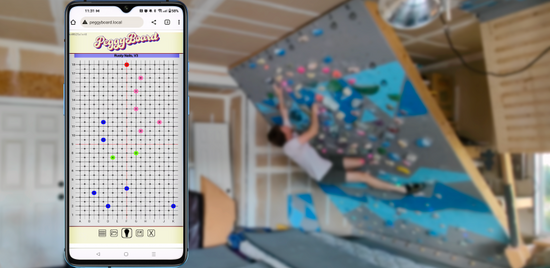
The PeggyBoard is “a Raspberry Pi project developed to be paired with your home “woody”/climbing wall. It features an easy-to-use web app that anyone on your network can open up and begin setting a custom route that will then light up the respective holds on your wall. These routes can also be saved so they can be revisited later.” - GitHub
A Loud Phone Ringer for the Elderly
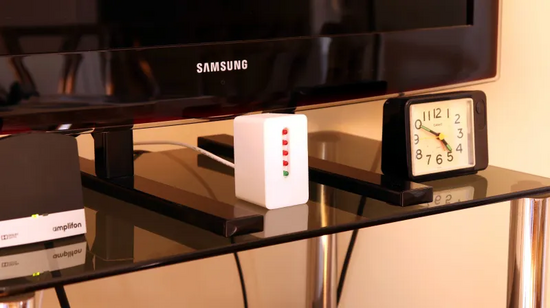
Giovanni Aggiustatutto built a custom base for an elderly friend. The cordless landline phone’s base contains a loud ringer and flashing lights to alert the friend of an incoming call. - HackADay
HydroCleaner: River Cleaning Robot
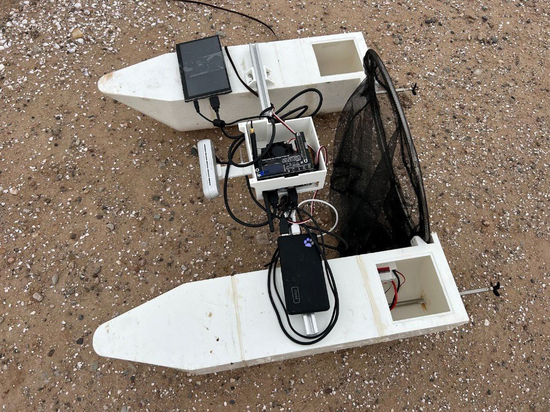
A low-cost, ML-powered, robot that attempts to capture trash in small waterways. - HackADay.io
Using Meshtastic and OwnTracks to Kick A Google Location Habit
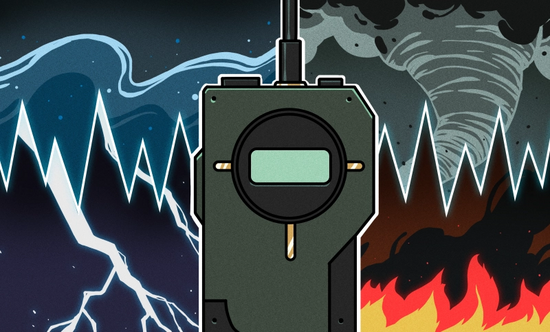
Jonathan Bennet was searching for an alternative way to share location data with their wife and business travel. They combine Meshtastic, a LoRa-based mesh network, and OwnTracks, a GPS location tracker, to create a private (self-hosted) location-sharing service. - HackADay
Screen Time Monitoring with Adafruit IO
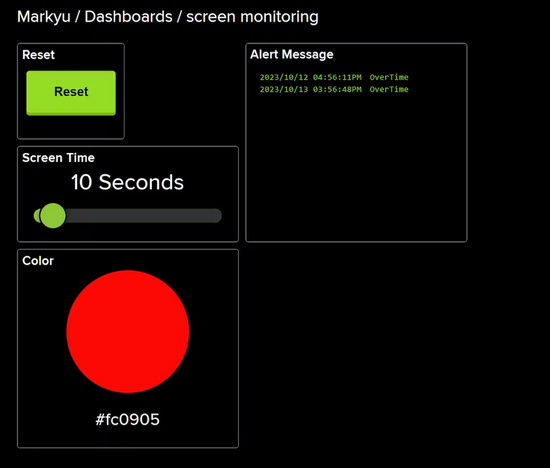
Using an HLK-LD2410B human detection sensor and Adafruit IO to monitor the amount of time an engineer spends staring at their computer screen. - Hackster.io
LoRaWAN Birdhouse
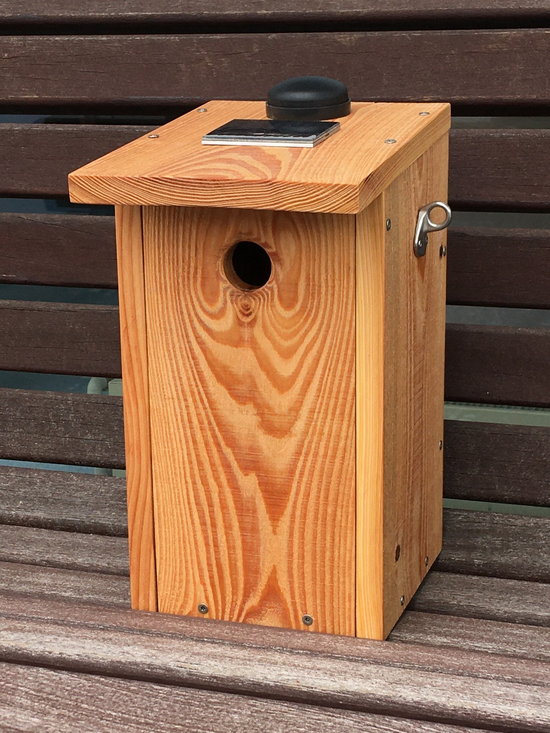
A birdhouse with a weight scale inside to detect a bird. The birdhouse is powered by solar energy and can transmit the scale’s data via LoRaWAN to the Internet. - HackADay.io
IoT News and More!
Millions of UK Smart Meters will Brick
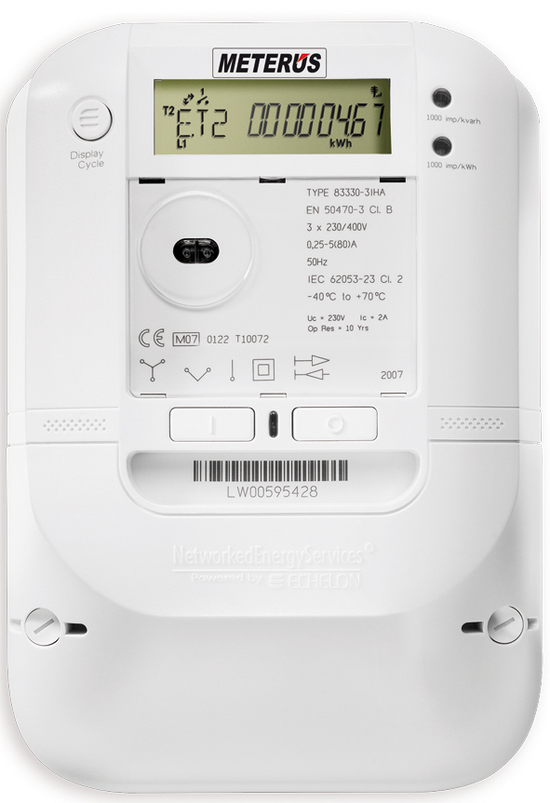
Millions of smart meters in the UK will become “bricked” as 2G and 3G mobile networks are turned off across the country. - The Register
